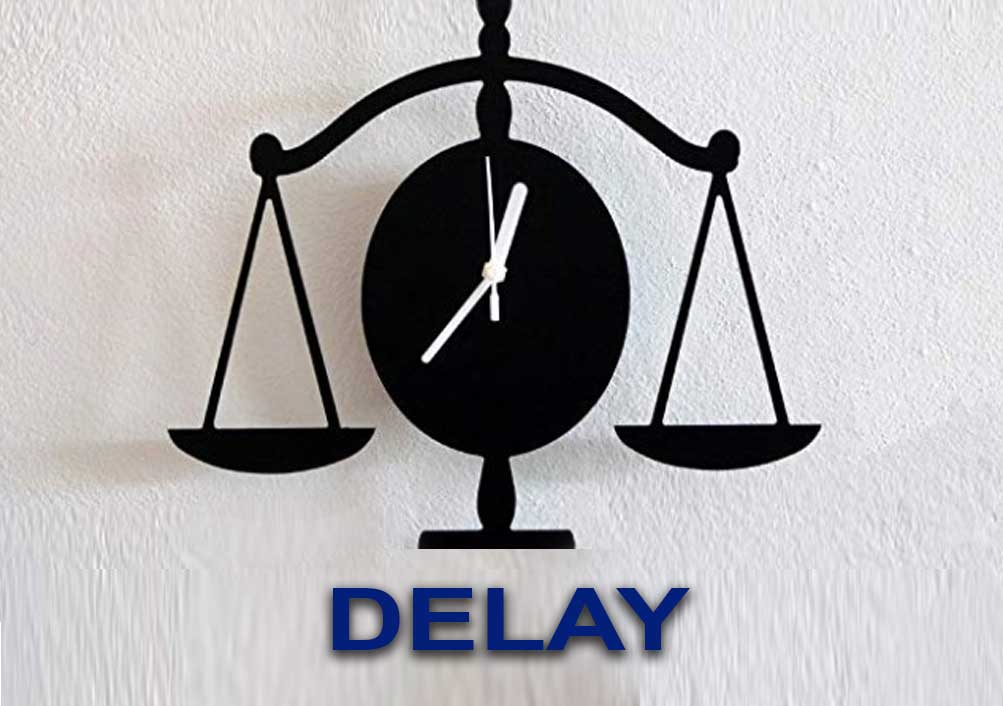In W.P. No. 25077 of 2009- MAD HC- Proceedings conducted beyond period fixed by Court and in absence of any extension, will prove fatal to validity of order: Madras HC Justice Mohammed Shaffiq [11-05-2022]

Read Order: S.Udaiyasankar v. The State of Tamilnadu And Ors
Tulip Kanth
Chennai, May 16, 2022: While allowing a writ petition questioning the validity of an order passed beyond the period fixed by the Court to complete the disciplinary proceedings, the Madras High Court has held that the impugned proceedings were liable to be set aside inasmuch as it had been made almost 5 years after the time fixed by this Court had expired.
The Bench of Justice Mohammed Shaffiq said, “It is thus clear from the above decision that once time lines are fixed by this Court, any proceedings beyond the same, in the absence of any extension would prove fatal to the very validity of the order.”
The facts of the matter were such that the petitioner who was working as a Sub-Treasury Officer, Cuddalore was issued a charge memo alleging lapses in payment of Military pension. The petitioner submitted his reply and there was considerable delay in concluding the disciplinary proceedings. The petitioner approached the Tamil Nadu Administrative Tribunal which issued a direction to the respondents to pass final orders as early as possible. However, despite the above direction the disciplinary proceedings were kept pending.
Then, the petitioner filed Writ Petition before this Court which directed the respondents to conclude the proceedings, within a period of two months. Thereafter, the petitioner was allowed to retire pending disciplinary proceedings and the impugned order came to be passed almost 5 years from the date of receipt of order of this Court in the writ petition wherein direction was issued to conclude the disciplinary proceedings within a period of two months.
The Bench was of the view that failure on the part of the respondents to comply with the directions of this Court itself would vitiate the disciplinary proceedings and render the same bad in law and liable to set aside.
The High Court referred to its judgment in Dr.N.Shahida Begum v. State of Tamil Nadu wherein it has been held that once this Court issues directions for completion of proceedings or performance of act within a particular time line failure to comply with such direction would be fatal to the very validity of the proceeding/order. Thus, relying on the settled aspects of law, the Bench allowed the petition and closed the connected miscellaneous petitions.
Sign up for our weekly newsletter to stay up to date on our product, events featured blog, special offer and all of the exciting things that take place here at Legitquest.




Add a Comment